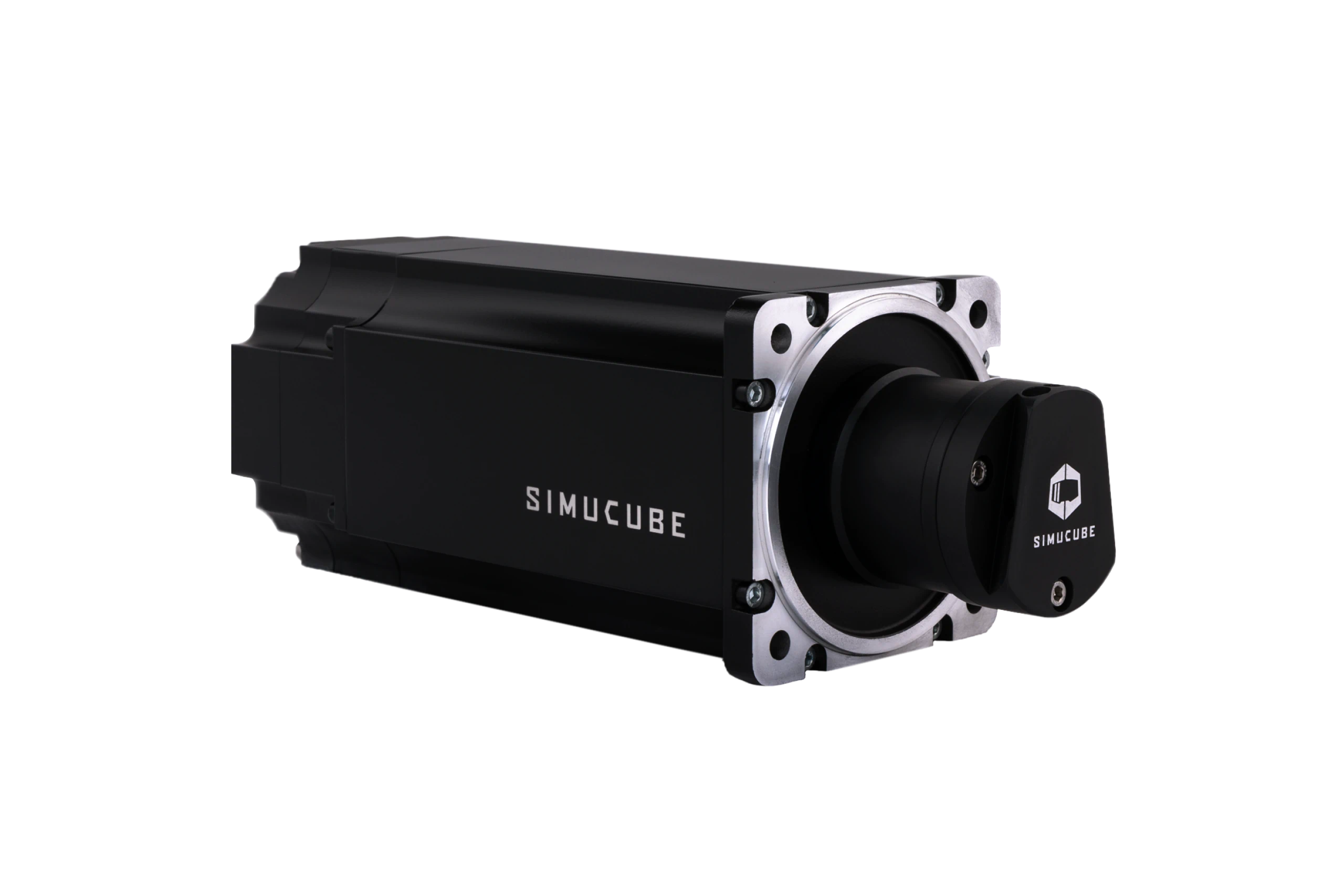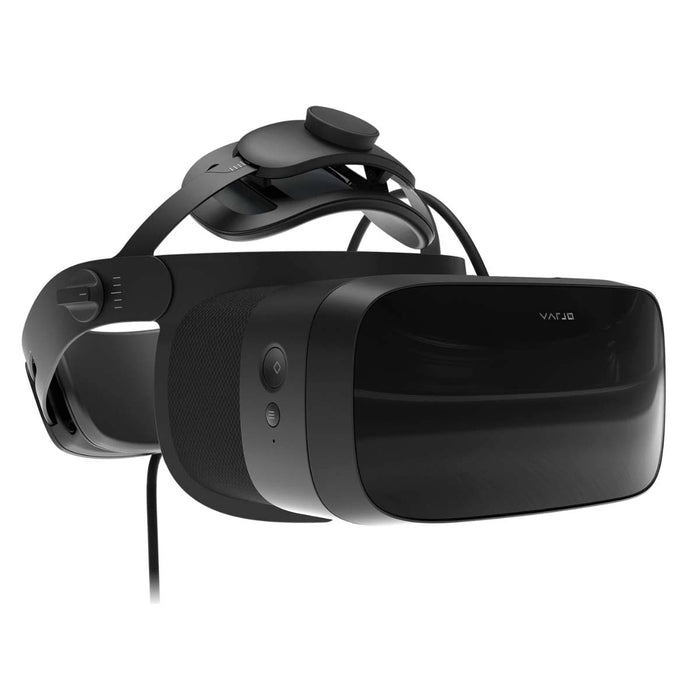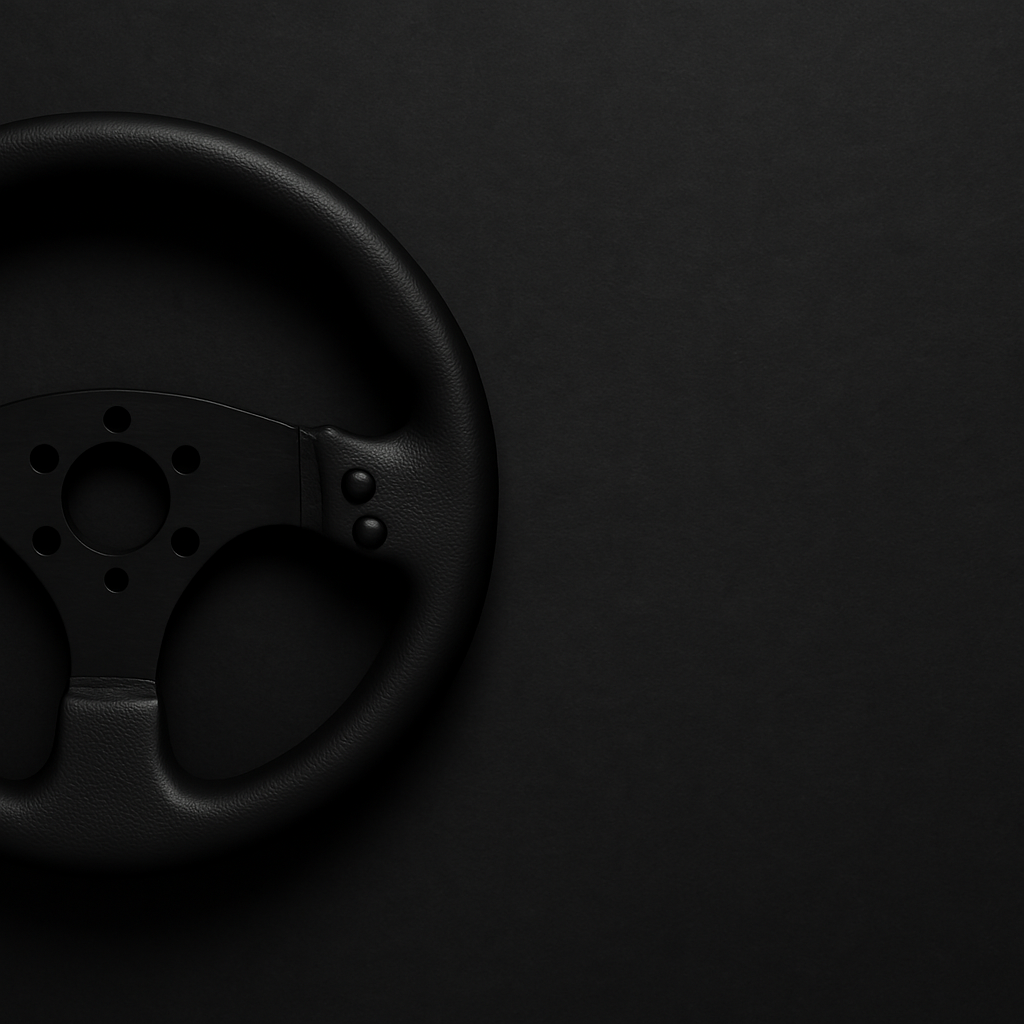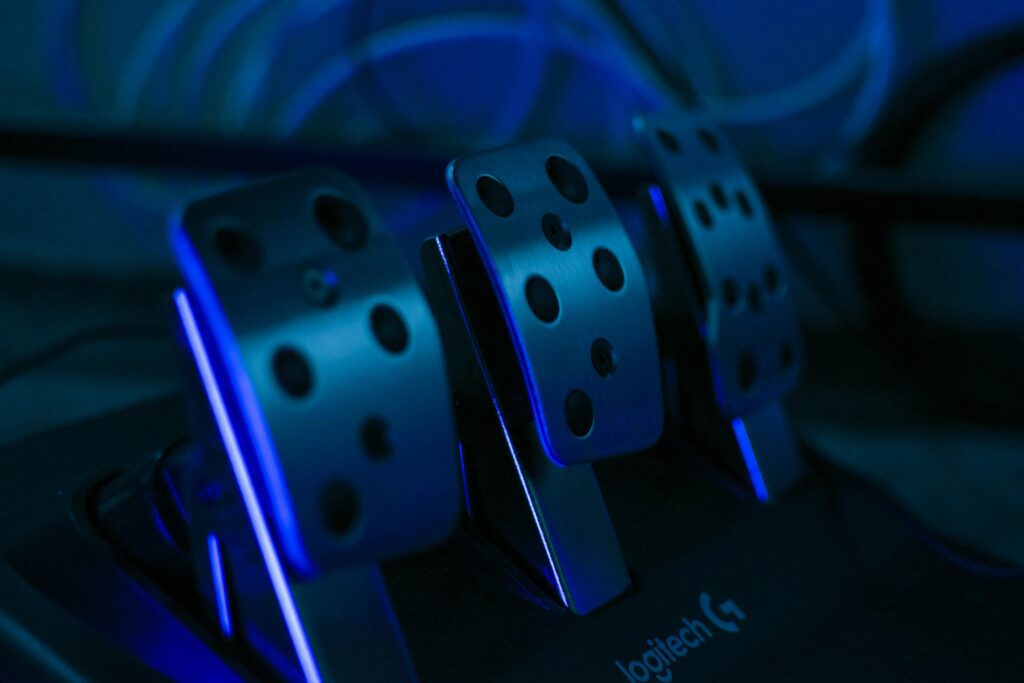The Most Elite High-End Sim Racing Rigs and Gear for Ultimate Immersion
When only the best will do, high-end sim racing gear delivers an experience so immersive and precise, it blurs the line between simulation and reality. Whether you’re chasing milliseconds in competitive esports or building a no-compromise setup for personal use, investing in top-tier equipment transforms sim racing into something truly elite.
This guide breaks down the finest full-motion simulators, direct drive wheels, professional-grade pedals, motion platforms, and cockpit systems available today. It’s written for racers who demand the highest levels of realism, precision, and build quality—without budget as a barrier.
Full Turnkey Simulators: The All-in-One Luxury Experience
For those seeking the ultimate plug-and-play setup, complete simulator systems offer everything: motion chassis, steering controls, displays, pedals, and more—professionally configured and ready to use.
These simulators are used by pro drivers and training centers because they deliver unmatched immersion and fidelity. With integrated motion platforms, high-torque wheelbases, precision pedals, and bespoke cockpits, they represent the pinnacle of the sim racing world.
Top models often include features such as:
Six degrees of freedom motion (pitch, roll, yaw, surge, sway, heave)
Formula-style or GT cockpits with FIA-approved race seats
Integrated triple-display systems or ultra-wide curved monitors
Custom-built PCs optimized for VR and high-refresh displays
Professional setup and support, often including delivery and installation
Prices for these systems typically range from $25,000 to well over $100,000, depending on configuration.
Direct Drive Wheelbases: Uncompromising Force Feedback
No sim racing component influences immersion more than the wheelbase. At the high end, direct drive (DD) wheelbases use industrial-grade motors to provide force feedback with incredible power, clarity, and response time.
Key benefits of premium DD wheelbases include:
Torque ratings from 20Nm to 32Nm or higher
Ultra-low latency response
Smooth, cog-free rotation with high dynamic range
Customizable force curves and fine-tuning software
Compatibility with professional-grade wheel rims
Steering inputs feel organic, immediate, and detailed—every bump, slip, and shift in weight transfer is conveyed to the hands with remarkable accuracy.
These wheelbases are often paired with carbon fiber or billet aluminum wheel rims from boutique manufacturers, designed with motorsport-grade buttons, magnetic shifters, and OLED dashboards.
Professional Pedal Systems: Precision Braking Redefined
In real motorsport, consistent braking wins races. High-end sim pedals replicate that sensation with load cell or hydraulic systems, allowing users to brake based on pressure rather than position.
Features found in premium pedal sets include:
Load cells rated from 90kg to 200kg+ for brake pedals
Hydraulic dampers for clutch and brake modulation
CNC-machined aluminum or steel construction
Fully adjustable pedal travel, angle, and resistance
Modular layouts for GT, formula, or rally positioning
Some setups even use real motorsport brake components—master cylinders, steel braided lines, and fluid reservoirs—to deliver the same resistance and feel found in race cars.
These pedal systems enable muscle memory-based braking, allowing sim racers to push their limits with consistency lap after lap.
Motion Platforms and Haptic Feedback Systems
True immersion goes beyond visuals. Motion platforms simulate chassis dynamics like body roll, weight transfer, and traction loss—adding physical cues that enhance both realism and driver performance.
There are several types of motion systems:
Seat movers: Compact platforms that tilt or shift the seat to simulate cornering forces.
Chassis movers: Entire cockpits mounted on actuators to replicate full-body motion.
Traction platforms: Rear sections that slide to mimic yaw and drift.
G-seats and belt tensioners: Add-on systems that apply pressure to the body or tighten harnesses under braking and acceleration.
High-end motion platforms often use four or six actuators, providing three to six degrees of freedom, along with vibration modules to simulate road texture and engine rumble.
When calibrated properly, these systems provide a heightened sense of presence, making it easier to react to loss of traction, curbing, and weight shifts with greater realism.
Premium Cockpits: The Foundation of a High-End Rig
All this powerful hardware demands a rock-solid foundation. High-end sim racing cockpits are built for maximum rigidity, modularity, and adjustability. Most are constructed from heavy-duty aluminum extrusion or steel, with support for direct drive torque and heavy pedal forces.
Premium cockpit features include:
Extruded aluminum profile frames (8020-style)
Fully adjustable pedal, wheel, and seat mounts
Integrated monitor or VR mounting solutions
Motion-compatible mounting brackets
Cable management systems for clean builds
Pair your chassis with an authentic racing seat—FIA-certified if desired—for proper support and immersion. Popular options include carbon fiber shell seats or fiberglass racing buckets used in actual race cars.
Displays and Virtual Reality: Seeing is Believing
Visual immersion is the final piece of the puzzle. For high-end rigs, the choice comes down to ultra-wide triple monitor setups or premium VR headsets.
Triple Monitors:
Three 32”+ 4K displays at 144Hz or higher
Seamless field of view covering 180 degrees
Minimal input lag and crystal clarity
Virtual Reality:
High-resolution headsets with over 2800×2800 pixels per eye
Wide field of view (110°+)
Eye tracking and foveated rendering for enhanced performance
High-end users often invest in both, choosing the best option for the racing discipline and mood. For cockpit-based endurance races, triples may offer clarity and ease. For maximum immersion, VR delivers unmatched depth perception and presence.
Bringing It All Together
A complete high-end sim racing rig is an orchestration of top-tier components, each contributing to realism, performance, and immersion. These setups are not just for show—they are tools used by professional racers, engineers, and hardcore sim fans to test, train, and experience the thrill of motorsport from home.
While the cost can be significant, the return is extraordinary: lap-after-lap consistency, razor-sharp inputs, and the sensation of truly being in the car.
Whether you’re investing in a $30,000 turnkey simulator or building your own dream setup piece by piece, one thing is certain: high-end sim racing is not just a hobby—it’s an experience that rivals the real thing.
🔧 Full Turnkey Simulators
Why it’s the best: A fully integrated 6-DOF motion simulator used by real-world professional drivers.
Standout features: Aerospace-grade actuator system, fully immersive cockpit with pro-grade steering, pedals, and displays.
- Who it’s for: Pro drivers and ultra-high-budget enthusiasts who want full-body g-force simulation.

🛞 Direct Drive Wheelbase
Why it’s the best: Known for being the smoothest, most responsive DD system on the market with an industrial-grade servo motor.
Torque: 32 Nm
Standout features: Virtually zero latency, unparalleled dynamic range, unmatched build quality and customization via TrueDrive software.
Who it’s for: Hardcore sim racers, pro teams, and those seeking surgical precision in force feedback.

🦶 Pedals
🏆 Simtag Hydraulic Racing Pedals
Why it’s the best: Uses real motorsport hydraulic components for the most realistic brake feel in sim racing.
Standout features: Real brake caliper and disc, pressure-sensitive hydraulic braking, metal chassis construction.
Who it’s for: Sim racers who want a braking system that perfectly mimics an actual race car — including pro-level trail braking feedback.

🎯 Motion System
🏆 D-BOX Gen 5 Haptic Motion Platform (4-actuator setup)
Why it’s the best: FIA-licensed system that combines full motion with haptic feedback for true sensory immersion.
DOF: 3 (heave, pitch, roll) with hyper-detailed vibration overlays.
Standout features: Realistic, responsive motion that doesn’t overwhelm; quiet, durable, and professionally supported.
Who it’s for: High-end sim racers who want realistic chassis dynamics without sacrificing stability or desk-friendly operation.

🪑 Cockpit / Chassis
Why it’s the best: Industry-standard for high-end rigs; incredibly rigid, modular, and motion-ready.
Material: 160mm extruded aluminum profiles
Standout features: Zero flex under DD torque or heavy braking, endless customization, professional-grade design.
Who it’s for: Enthusiasts who want a bulletproof foundation for direct drive, load cell, and motion gear

🪪 Seat
Why it’s the best: FIA-approved carbon fiber racing seat used in real GT and endurance cars.
Material: Ultralight carbon fiber
Standout features: Exceptional support, pro racing pedigree, beautiful design.
Who it’s for: Those who want an authentic motorsport seat with high durability and luxury-level quality.

🧠 Visual Immersion (VR Headset)
Why it’s the best: Offers retina-grade resolution, stunning optics, and professional-grade build quality.
Resolution: 2880 x 2720 per eye
Standout features: Built-in eye tracking, ultra-clear optics, low latency, great performance with top-tier GPUs.
Who it’s for: Sim racers who want unmatched clarity in VR without motion blur or lens distortion.

👀 Visual Immersion (Monitor Setup)
🏆 Triple 32″ 4K 144Hz Monitors (with ultra-thin bezels)
Why it’s the best: Offers seamless peripheral vision, incredible resolution, and the best of non-VR immersion.
Standout features: 11520×2160 combined resolution, 144Hz smoothness, better real-world interaction with button boxes.
Who it’s for: Sim racers who prefer screen clarity and realism without wearing a headset.


